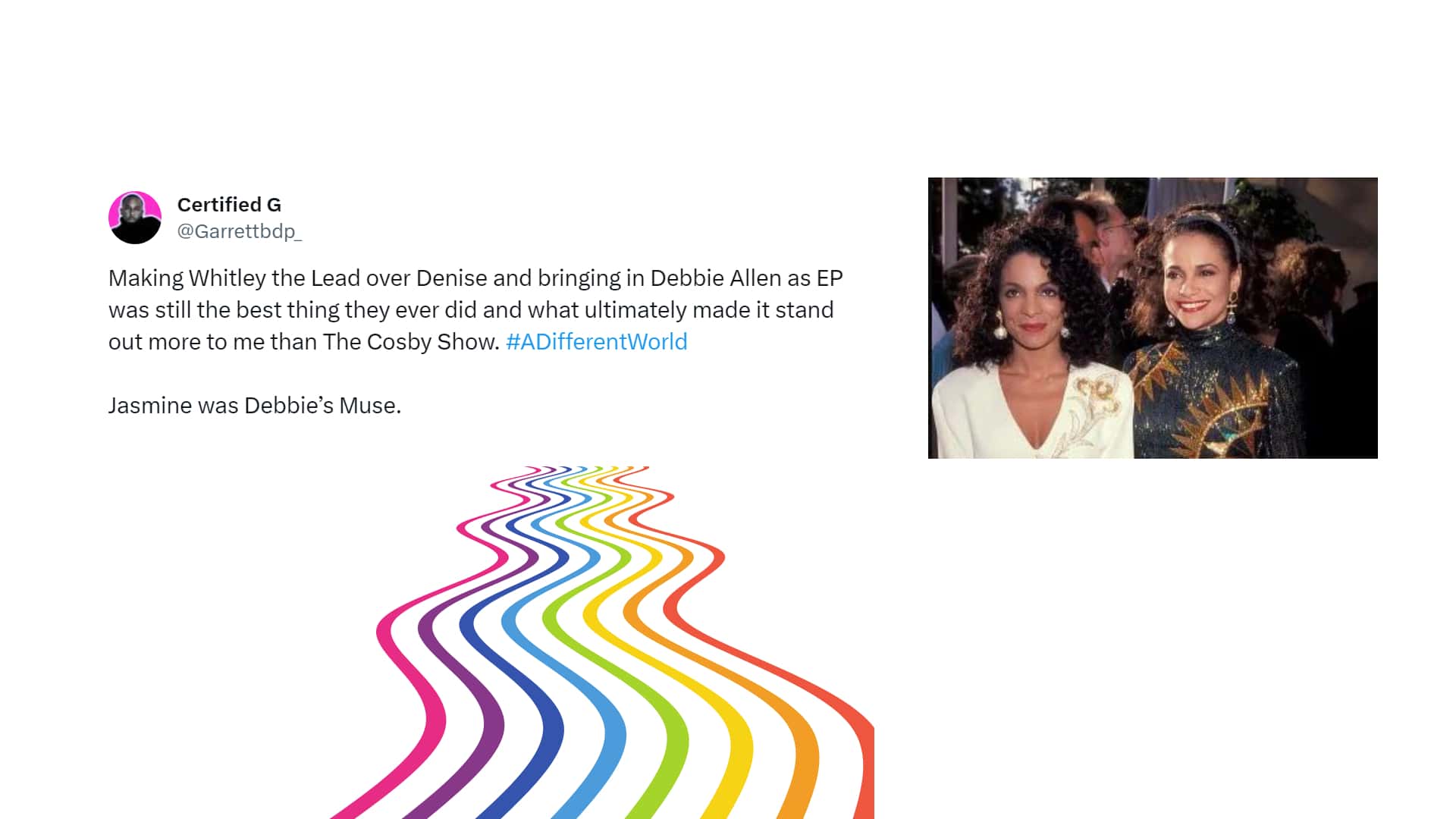You've probably seen this phrase your entire career, no matter how long or short it has been: "No unsolicited submissions." Here are some FAQs to help you decide if and when to press "send" or otherwise share your creative content with other people.
What to do (immediately!) when your story's lead character ISN'T your story's protagonist.

Quick! Who was the star of The Office, A Different World and The Big Bang Theory? If you said Steve Carrell, Lisa Bonet and Johnny Galecki, you're right (at least at the beginning of each series).
Now, slower: who was the protagonist of those shows? If you said Michael, Denise or Leonard...well, and I think you know where I'm going with this...that isn't right. I'm going to explain why so you can review your existing or upcoming projects and make sure your main character actually is your protagonist, as understood by the industry you're shopping your projects to.
As I may have mentioned a few times before, sellable stories are driven by conflict, and conflict is rooted in character (NOT plot). Not conflict of the moment — a missed bus, an argument with a friend, etc. Conflict that is informed by who your character is and by the new world you've dropped them into. Your main character may experience conflict within themselves, with other people, and with cultures, rules, norms, the environment, etc. And all of that conflict, ideally, is driven by the core trait they lead with in most spaces and by the organic population, rules and environment of the new world.
Sellable stories are driven by conflict, and conflict is rooted in character (NOT plot).
This makes identifying your protagonist a breeze: whoever's in active, continuous, escalating conflict with their new world is your main character. Use this simple checklist to review your projects:
- Who's entering a new world? Remember, the new world isn't required to be a new physical environment, though it often is. It also might be a new circumstance in the old world (a new boss, being asked for a divorce, discovering a magical gift, etc.).
- Who is rejecting the new world? Multiple characters may collectively experience the new world (e.g., all of the co-workers, the parent and their kids, etc.). But we are laser-focused on the one who doesn't accept the change and takes steps (however tiny and always ineffective) to return to the old world.
- Who is in multiple layers of conflict with the new world? This is the key - whoever has the most layers wins because all of those layers of issues are where your character arc and evolving relationships and episodic possibilities are going to come from.
Whoever's in active, continuous, escalating conflict with their new world is your main character.
In the pilot of The Big Bang Theory, Penny moves in across the hall from Leonard and Sheldon. Both Leonard and Sheldon now have a new neighbor, so they both are in an altered world. But Leonard moves towards the change — it's love at first sight! Let's invite her to do something! It's Sheldon who rejects the possibility — they already have plans for the afternoon. And with that, incredibly early in episode 101, we know it is Sheldon we'll be following through the journey of this show. Add to that the conflict that Sheldon's central trait always generates with others and with the rules of a world he believes he's above, a world that says he is "wildly racist" and, "apparently ridiculous" yet fails to penetrate his superior point of view...and you have an undeniable protagonist.
That's why when we see shows like A Different World or Fresh Off the Boat, it's inevitable that the central story of the show will shift to Whitley and Jessica. Denise was not in conflict with her new college life; the world of the show was as besotted with her as the real world itself was. It was Whitley who felt the school, the students, the men, the campus and even Denise were beneath her and would benefit from her superior point of view. She was in conflict at every turn. The same with Jessica versus her son, who was delighted to move to this neighborhood, found friends, etc. It was Jessica who felt the neighborhood, neighbors, etc. were beneath her and would benefit from her superior point of view. (Hmm...if we reflect on Frasier moving to Seattle...and Diane taking a job at Cheers before that...you'll see at least one clear archetype for protagonists that drive conflict and have room to arc.)
It was Whitley who felt the school, the students, the men, the campus and even Denise were beneath her and would benefit from her superior point of view. She was in conflict at every turn.
So how to fix a missing — or misidentified — protagonist in your own story? Here are two options:
- The easy way. Make the person in conflict with the world your protagonist. Done! Why wait for Season 2 or a "retelling" of the story? Ah, you don't want to do that? Is it because...the character you want to be the protagonist...is the one that's based on you?
- The deeper way. Often, when we write passive or flat protagonists, it's because they're representations of ourselves. And we're writing them into a world in which they are good, blameless and mistreated by others who can't appreciate how awesome they are. To keep "them/you" absolved of any accountability for the things that go wrong in their worlds, you sanitize them. You strip them off a governing trait because that would make the things that go wrong their fault. Does this resonate at all?
Here's how to get past your protectiveness of your alter ego on that page. Core traits aren't inherently negative traits. "They/You" doesn't have to be greedy, rude, selfish, etc. They just have to have a central, go-to, defining trait (and we all do!) that is in conflict with the new world. Their flaws are only "fatal" in the new world. In Enchanted, Giselle isn't a wicked princess. She's just a fantastically naive one from a fairytale land. You drop all that innocence and warbling into New York City, and ta dah! You have conflict. So get real about a central trait for "they/you," then adjust the new world so that trait will be a liability
Core traits aren't inherently negative traits... Their flaws are only "fatal" in the new world.
With your eye on characters with core traits that conflict with new worlds and who arc over the course of the series...which character would you say is the protagonist of The Office? Of Friends?
And most importantly, of course, who is the real protagonist of your script?
